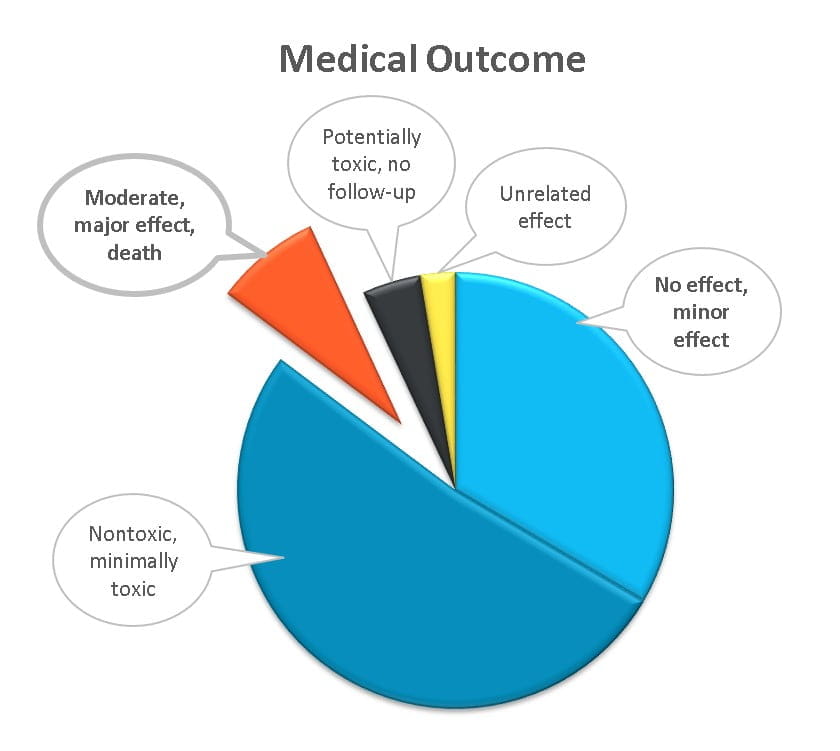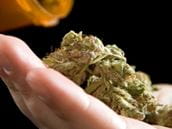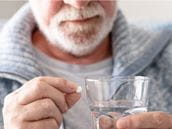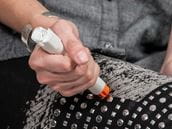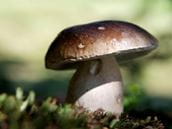
Salvia: A Different Kind of Weed
Salvia is a hallucinogen that is legal to buy in some states. Teenagers have access to Salvia more easily than other drugs of abuse.
Displaying 591 - 600 of 680 results for "hydrogen peroxide and iodine"
Salvia is a hallucinogen that is legal to buy in some states. Teenagers have access to Salvia more easily than other drugs of abuse.
Wendy Klein-Schwartz is Professor Emeritus of the University of Maryland School of Pharmacy. She has more than 45 years of experience working at the Maryland Poison Center as Assistant Director, Director, Coordinator of Research and Education, and Clinical Toxicology Fellowship Director.
If it doesn't belong in your eye, it will probably hurt if it gets into your eye - a lot. Irritation, injury, even blindness can result. People get things into their eyes by not reading labels, by using products the wrong way, or by not using protective equipment when it's needed. Rinsing your eyes right away is very important if you get something into them.
Check out our tips and articles for preventing springtime poisonings.
Medical marijuana is sometimes prescribed for patients with HIV/AIDS, seizure disorders, cancer, severe pain, and severe nausea. The active chemical is usually stronger than in the marijuana plant. There are no regulations for child-safe storage of medical marijuana products; young children have been seriously poisoned by swallowing medical marijuana.
Amlodipine, available as amlodipine besylate, is a prescription medication used to lower blood pressure or to reduce chest pain. Common amlodipine brands include Amvaz, Katerzia, and Norvasc. Amlodipine does not cause weight gain, hair loss, or headaches. You may take it with or without food, including grapefruit juice.
Anaphylaxis is a life-threatening allergic reaction, often to ordinary things like bee stings, peanut butter, or antibiotics. Life-saving auto-injectors are used to treat anaphylaxis. Use them safely to prevent finger sticks. Unintentional injection of epinephrine into fingers or hands can cause limited blood flow and injury. It sometimes requires a trip to the emergency room.
There are old mushroom hunters, and there are bold mushroom hunters. There are no old, bold mushroom hunters.
Alcohol can be a dangerous poison for children. Alcohol depresses the central nervous system and causes low blood sugar. Children who drink alcohol can have seizures and coma; they could even die. This is true of beverage alcohol (such as beer, wine, and liquor) and alcohol found in mouthwash and other personal care or household products.
How to get help for a suspected poisoning: Don't wait until symptoms develop. Get free, expert help from Poison Control by phone or online.
Don't guess what you should do. Get accurate Poison Control answers online or by phone. Both are free and confidential.
or CALL 1-800-222-1222
The Poison Post® is a free, quarterly
e-newsletter delivering poison prevention tips right to your inbox!
Learn the Poison Help jingle in English or Spanish. Use these jingles to teach the Poison Control number: 1-800-222-1222. Available for download.
